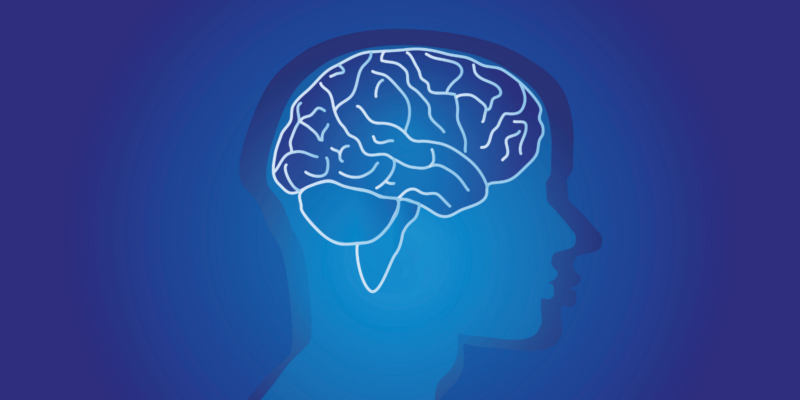(Updated from an earlier version on the MDS Program website) Often we hear that Intermittent Fasting/Time-Restricted Eating (TRE/IF) is just a different version of a low-calorie diet. Is that true? While it is true that when you follow a TRE/IF way of eating, you do end up eating less food than you would otherwise do, […]
Why is it difficult to maintain weight loss?
Bodyweight set-point, Leptin, Insulin Resistance, Energy Balance. (This article was posted on the mdsprogram.com website earlier) Weight gain or more accurately, fat gain is a complex problem of hormones and the nervous (neuroendocrine) system. Most of you have lost weight in the past. However, did you regain all the weight? Some of you have probably […]





